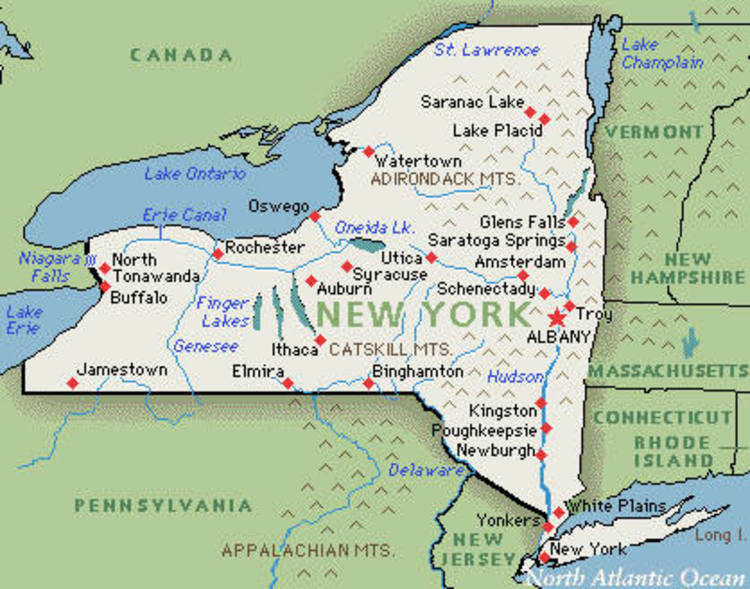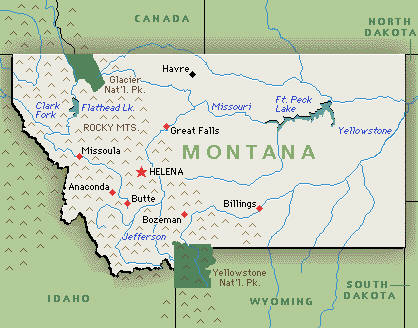 After years of activist effort, New York state finally passed the Marijuana Regulation & Taxation Act (MRTA), signed into law by a politically besieged Gov. Andrew Cuomo. This is being hailed as a victory by advocates, who pledge to craft a model of legalization that will dismantle a long legacy of racism and oppression under the prohibition regime.
After years of activist effort, New York state finally passed the Marijuana Regulation & Taxation Act (MRTA), signed into law by a politically besieged Gov. Andrew Cuomo. This is being hailed as a victory by advocates, who pledge to craft a model of legalization that will dismantle a long legacy of racism and oppression under the prohibition regime.

 After a frustrating delay and deadlock in the statehouse, New Jersey finally answered the will of the voters in last year's referendum, and passed enabling legislation to create a regulated adult-use cannabis market. Activists are still dissatisfied with limits—most significantly, no provision for homegrown—and have concerns about how a "recreational" market will impact medical users. But the belated move is being hailed as a victory that ups the pressure on neighboring New York to follow through on pledges to legalize—and even on the federal government.
After a frustrating delay and deadlock in the statehouse, New Jersey finally answered the will of the voters in last year's referendum, and passed enabling legislation to create a regulated adult-use cannabis market. Activists are still dissatisfied with limits—most significantly, no provision for homegrown—and have concerns about how a "recreational" market will impact medical users. But the belated move is being hailed as a victory that ups the pressure on neighboring New York to follow through on pledges to legalize—and even on the federal government. A group of more than 350 citizens filed suit against the
A group of more than 350 citizens filed suit against the  The tradition of cannabis cultivation, hashish production and sacramental use goes back millennia in Nepal, and the country was among the last to sign up to the global prohibition regime. Now, a legalization effort is underway in parliament—even as eradication operations continue.
The tradition of cannabis cultivation, hashish production and sacramental use goes back millennia in Nepal, and the country was among the last to sign up to the global prohibition regime. Now, a legalization effort is underway in parliament—even as eradication operations continue. Voters in Montana passed a ballot measure mandating legalization of adult-use cannabis. But there was a pre-emptive attempt in the state legislature to repeal it before it even passed. Montana's road to legalization has been a long and twisted one, and there may be further political fights ahead.
Voters in Montana passed a ballot measure mandating legalization of adult-use cannabis. But there was a pre-emptive attempt in the state legislature to repeal it before it even passed. Montana's road to legalization has been a long and twisted one, and there may be further political fights ahead.  Voters in Arizona, Mississippi, Montana, New Jersey, Oregon and South Dakota passed statewide ballot measures favoring medical marijuana, adult-use cannabis legalization or hemp cultivation in the Nov. 3 elections.
Voters in Arizona, Mississippi, Montana, New Jersey, Oregon and South Dakota passed statewide ballot measures favoring medical marijuana, adult-use cannabis legalization or hemp cultivation in the Nov. 3 elections. Questions about road safety have been a real concern as cannabis legalization has unfolded across 11 states, with medical marijuana laws in many more. But with several years of data to analyze, a new study finds no link between these policies and traffic fatalities.
Questions about road safety have been a real concern as cannabis legalization has unfolded across 11 states, with medical marijuana laws in many more. But with several years of data to analyze, a new study finds no link between these policies and traffic fatalities. Israel is a world leader in medical marijuana and has adopted an experimental decriminalization policy. But activists are pushing to make it the world's third country to outright legalize—and are using some very audacious tactics.
Israel is a world leader in medical marijuana and has adopted an experimental decriminalization policy. But activists are pushing to make it the world's third country to outright legalize—and are using some very audacious tactics.





Recent comments
2 weeks 5 days ago
2 weeks 5 days ago
5 weeks 6 days ago
6 weeks 5 days ago
10 weeks 5 days ago
14 weeks 4 days ago
18 weeks 4 days ago
19 weeks 2 days ago
29 weeks 2 days ago
33 weeks 3 days ago